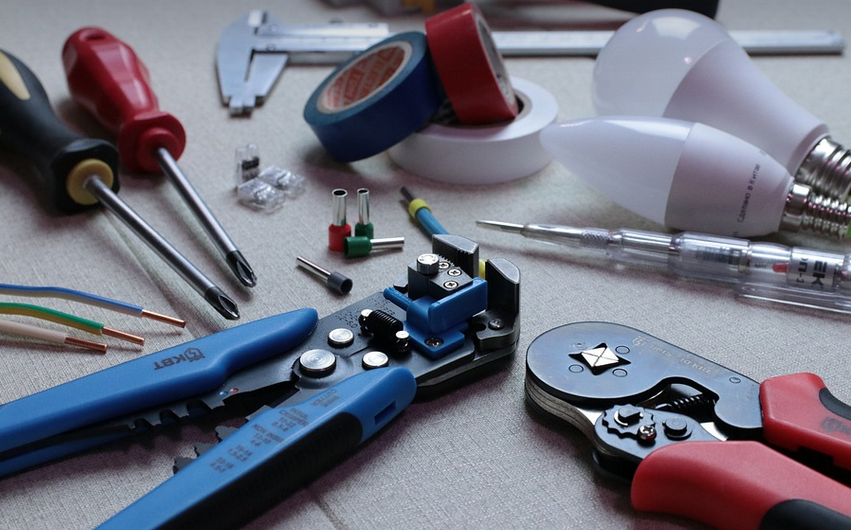A Quick Guide to Legal Structures in the Snack-Cart World
Starting a vending machine business is exciting! The potential profits, flexibility, and convenience are all attractive aspects. As with any business venture, ensuring you’re operating within legal boundaries is crucial for long-term success.
The Legalities of Vending Machines: LLC vs. Sole Proprietorship
One of the first questions on most people’s minds when starting a vending machine business is “Do I need an LLC?” The short answer is it depends! Understanding your legal options can help you navigate this crucial step for your vending success.
There are two main paths to consider: the sole proprietorship route and the LLC structure. Let’s dive into their nuances:
Sole Proprietorship
A sole proprietorship is the simplest, most basic structure. It’s like having your business as an extension of yourself—no separate legal entity.
As the sole owner, you’re personally responsible for debts and liabilities. If there’s a problem with taxes or something goes wrong with the vending machine business, your personal assets are on the line. This structure offers no legal separation between you and your business.
In some instances, this can be advantageous, as it’s easy to set up. You don’t need to file specific paperwork with the IRS or state government; you’re essentially operating like a freelancer.
However, there are downsides. Liability in case of lawsuits or accidents is potentially high for sole proprietors. Additionally, your financial records and tax filing will be more complicated than those of an LLC.
Limited Liability Company (LLC)
An LLC provides a legal structure that separates your personal assets from your business’s liability. This creates a shield that protects you from being held personally liable for debts or lawsuits against the business itself.
Think of it like this: if a customer alleges injury on your vending machine premises, the LLC would be responsible, not your personal bank account. Your personal financial security is enhanced by opting for an LLC structure.
However, starting an LLC comes with some extra steps and costs. You’ll need to file paperwork with the state and pay a fee (usually around $100) to officially register your business as an LLC.
An added benefit of an LLC is that you can attract investors by showcasing its structure’s legal protection for their investment. This opens up new avenues for growth and expansion.
Factors Influencing Your Choice
The decision to proceed with a sole proprietorship or an LLC depends on your individual situation, risk tolerance, and long-term business goals:
**Sole Proprietorship:** Suitable if you have minimal assets at stake, are operating on a small scale, and the financial risks associated with liabilities seem manageable.
**LLC:** An ideal choice for those who: wish to secure their personal assets, plan to expand operations, or seek investment opportunities in the venture. This structure provides peace of mind and legal security.
Pros and Cons: A Summary
Here’s a head-to-head look at the advantages and disadvantages of each structure:
- Sole Proprietorship: * **Pros:** Easy setup, minimal paperwork, potential cost savings.
- LLC: * **Pros:** Liability protection, access to capital, tax benefits (potential).
Cons (for both):
What to Do Next: Seek Expert Advice!
If you’re considering starting a legal vending machine business in 2024, it’s crucial to consult with a qualified attorney or accountant. They can guide you through the necessary steps for compliance and help you choose the best route based on your individual needs.
Remember: starting a vending machine business is an exciting venture! By understanding legal options early on, you’ll be well-prepared to navigate this industry’s challenges and build a successful vending empire.
Get Ready to Pop (and Profit) in 2024!
Whether you choose a sole proprietorship or an LLC, remember your passion for the vending machine business will drive you to success. As you navigate legal nuances and set up shop, keep these points in mind: Do your research, seek professional advice, and most importantly – have fun!
